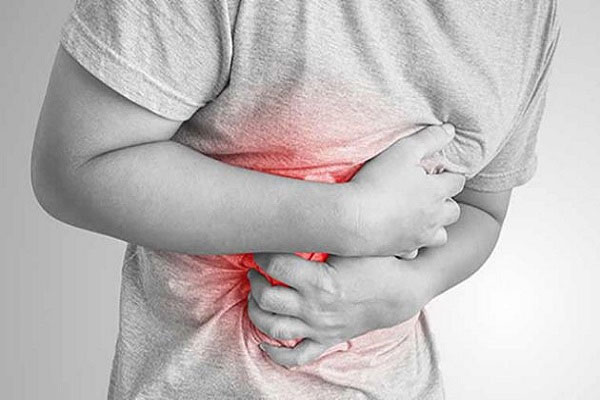E-Mail: sarveshwarreddy131@gmail.com Call Us: +91-9967575529

Gastric issues, commonly referred to as gastritis, involve inflammation or irritation of the stomach lining. This condition can range from mild irritation to severe damage, potentially leading to ulcers. Symptoms often include abdominal pain, nausea, vomiting, bloating, and a burning sensation in the stomach. Gastritis can be acute, appearing suddenly and lasting for a short time, or chronic, developing gradually and persisting for an extended period.
Gastritis can be caused by a variety of factors. The most common causes include Helicobacter pylori infection, prolonged use of nonsteroidal anti-inflammatory drugs (NSAIDs) like aspirin or ibuprofen, excessive alcohol consumption, and stress. Other contributing factors can include autoimmune conditions, bile reflux, and certain infections or illnesses. In some cases, gastritis may be triggered by eating highly acidic or spicy foods.
Treatment for gastritis depends on the underlying cause. If H. pylori infection is present, antibiotics are usually prescribed to eradicate the bacteria. In cases where NSAIDs or alcohol are the culprits, discontinuing or reducing their use can help alleviate symptoms. Proton pump inhibitors (PPIs) and H2 blockers are commonly used to reduce stomach acid production and promote healing of the stomach lining. Additionally, adopting a bland diet, avoiding trigger foods, and managing stress are important steps in managing gastritis.